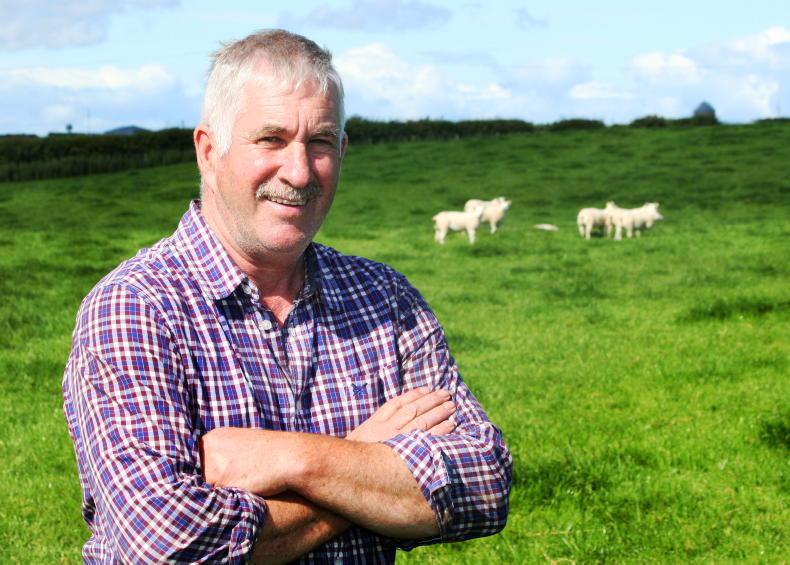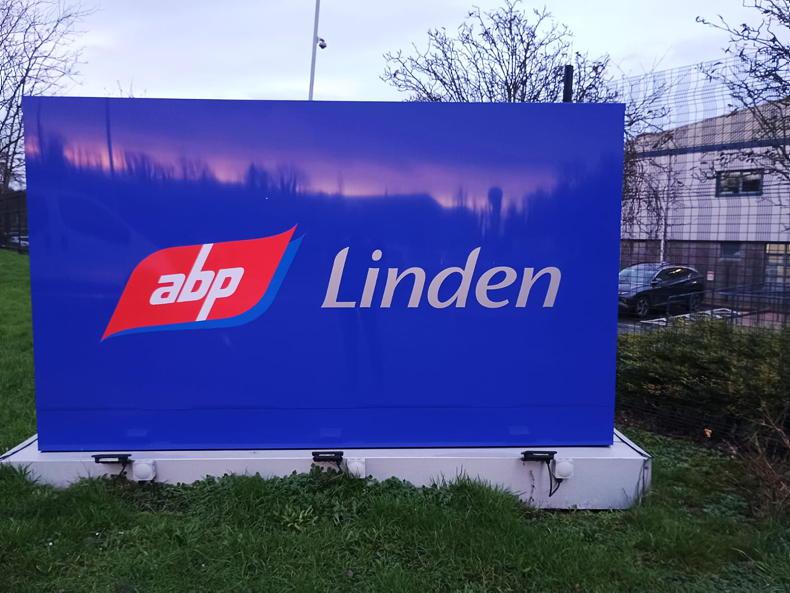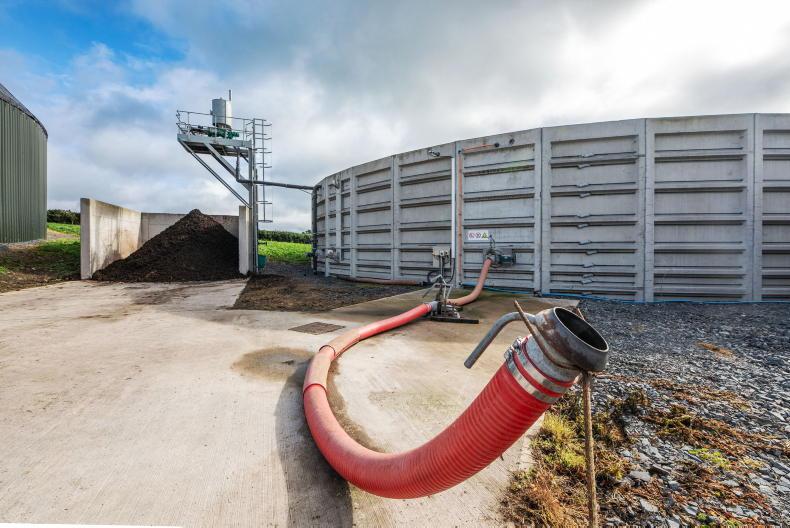The movement of pedigree bulls from NI to sales in Britain has been “wiped out” due to new rules on livestock movements, the president of Ulster Farmers’ Union (UFU) has said.
According to UFU president Victor Chestnutt, there has been a 90% reduction in the number of NI-origin livestock presented at recent bull sales in Carlisle and a similar decline was seen at Stirling.
“In 2019, there were 120 bulls from 37 [NI] exhibitors at Stirling. This year, four bulls travelled from three exhibitors. That trade has been wiped out,” he said.
“These are high value bulls. They are probably worth a couple of thousand less back in NI,” the Bushmills farmer maintained.
The issue stems from NI-origin livestock having to complete a six-month residency period in Britain if they are not sold, or are bought by another NI-based breeder.
Under the NI protocol part of the Brexit withdrawal agreement, NI remains aligned to certain EU rules, whilst Britain is outside the EU’s regulatory zone. Import requirements for livestock moving from Britain to NI are the same as for any non-EU country, so an Export Health Certificate must accompany the movement. The current certificate includes a condition that cattle must meet a six-month residency requirement.
We don’t see how this could affect the European single market
Speaking to a Westminster committee of MPs on Tuesday, Chestnutt set out proposals to address these issues.
He suggested that NI livestock are allowed to complete their six-month residency in NI, instead of in Britain. Movement into the Republic of Ireland would not be permitted during this period.
“We don’t see how this could affect the European single market. If we do not see the type of changes that I am asking for, the pedigree sector in NI will contract, there is no doubt about that,” he said.
Chestnutt also pointed out that the trade of Scottish sheep onto NI farms “has more or less ended” due to similar rules.
Around 9,000 mainly Blackface sheep traditionally move from Scotland to NI each year, but this is no longer allowed as sheep need to be scrapie monitored before entering the EU’s regulatory zone.
It was suggested at the meeting that Scottish sheep could be tested before moving to NI
Chestnutt said the long-term solution is to roll out a scrapie monitoring programme in Scottish flocks, but he acknowledged that it takes seven years to get fully certified.
In the meantime, he wants a grace period so that sheep can move across the Irish Sea without being fully scrapie monitored.
It was suggested at the meeting that Scottish sheep could be tested before moving to NI to see if they carry genes which make them resistant to scrapie.
However, Chestnutt was clear that this proposal would not work in practice. “In the Blackface breed, less than 10% are genotype one, so therefore less than 10 sheep in 100 could come in,” he said.









SHARING OPTIONS